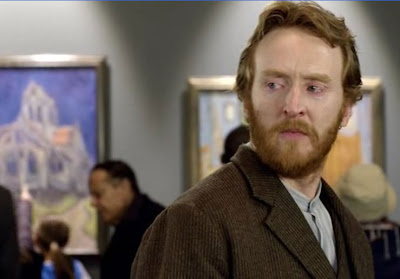From this week's Economist, behind a firewall. One of many reviews out there of a new anti-internet screed by a guy named Nicholas Carr. You can worry about global warming all you want.... This is happening now and I'm pretty sure it's happening to me and my friends:
Neurological research has demolished the myth of the static brain. Neural networks can be rapidly reorganised in response to new experiences such as going on the web. Mr Carr surveys current knowledge about the effects on thinking of “hypermedia”—in particular clicking, skipping, skimming—and especially on working and deep memory. He draws some chilling inferences. There is evidence, he says, that digital technology is already damaging the long-term memory consolidation that is the basis for true intelligence.
Only by combining data stored deep within our brains can we forge new ideas. No amount of magpie assemblage can compensate for this slow, synthetic creativity. Hyperlinks and overstimulation mean the brain must give most of its attention to short-term decisions. Little makes it through the fragile transfer into deeper processing. Clearly, argues Mr Carr, this is a radical upending of the “literate mind” that has been the hallmark of civilisation for more than 1,000 years. From a society that valued the creation of a unique storehouse of ideas in each individual, man is moving to a socially constructed mind that values speed and group approval over originality and creativity.







